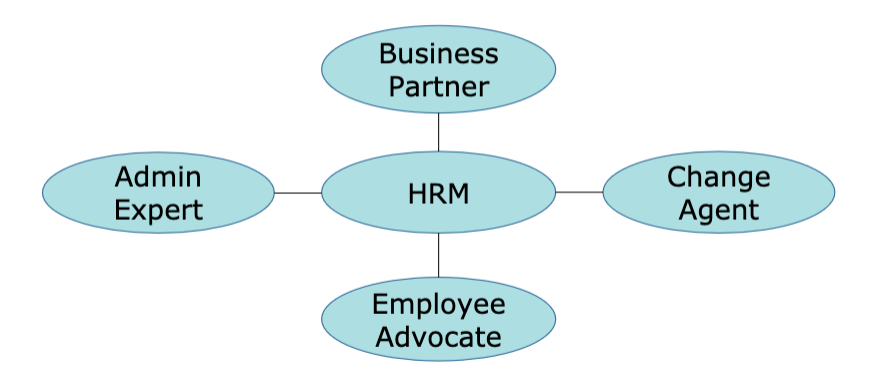
What is HR?
Human Resources (HR) is defined by the textbook as, the development of management systems to ensure that human talent is used effectively and efficiently to accomplish organizational goals. There are 4 main responsibilities of the HR department. These are Administrative Experts, Employee Advocates, Change Agents, and Business Partners. The Administrative expert represents those foundation activities that are related to compliance issues and record keeping. Employee Advocate is a traditional role of tending to the employee issues and concerns. The Change Agent role helps define the strategy relative to human capital and its contribution to the firm results. A Business Partner role is where HR partners with managers to help address business issues.

How companies like Veterans United Home Loans (VU), Marriott International, and USAA practice HR
The employees of Veterans United Home Loans say that they feel good about the ways they contribute to the community, they feel welcome by the company and the Veterans United Home Loans gives employees the resources and equipment to do their job. Employees at Marriott International say that Marriot gives employees a lot of responsibility, they are honest and ethical in business practices, and they are proud to tell others they work at Marriott International.
USAA employees state that there is a good working environment and that people within this organization care about each other. Contributing to the community, feeling welcome, proper resources, giving responsibilities, honesty and ethical business practices, a good working environment and empathy are all essential aspects of HR management.
“98% of Our customers would rate the service we deliver as “excellent.”
Great Place to Work.com/Veteran Home United
Role of Manager
A manager’s role is to design a workplace that ensures employees are able to add value, have the resources they need to perform their job properly and provide guidance and motivation to their employees. They must ensure the company’s values and ethics are being exemplified by the employees.
Challenging Aspects of a Manager’s Role
Challenging aspects of a manager’s role would be keeping employees motivated, dealing with new changes in technology and society, responding to crises, hiring the right employees for the organization, and dealing with underperforming employees.

The overall purpose of HR is to ensure that all employees contribute to company goals in a positive way. The role of an HR director is to appoint the right people to supervise the different department’s employees. To say it is a “team effort” is an understatement. Without all parts of the organization working together and properly the organization cannot succeed.

Wow, Your blog was great. here if you need auto upholstery repair you can Contact Bahamas Upholstery